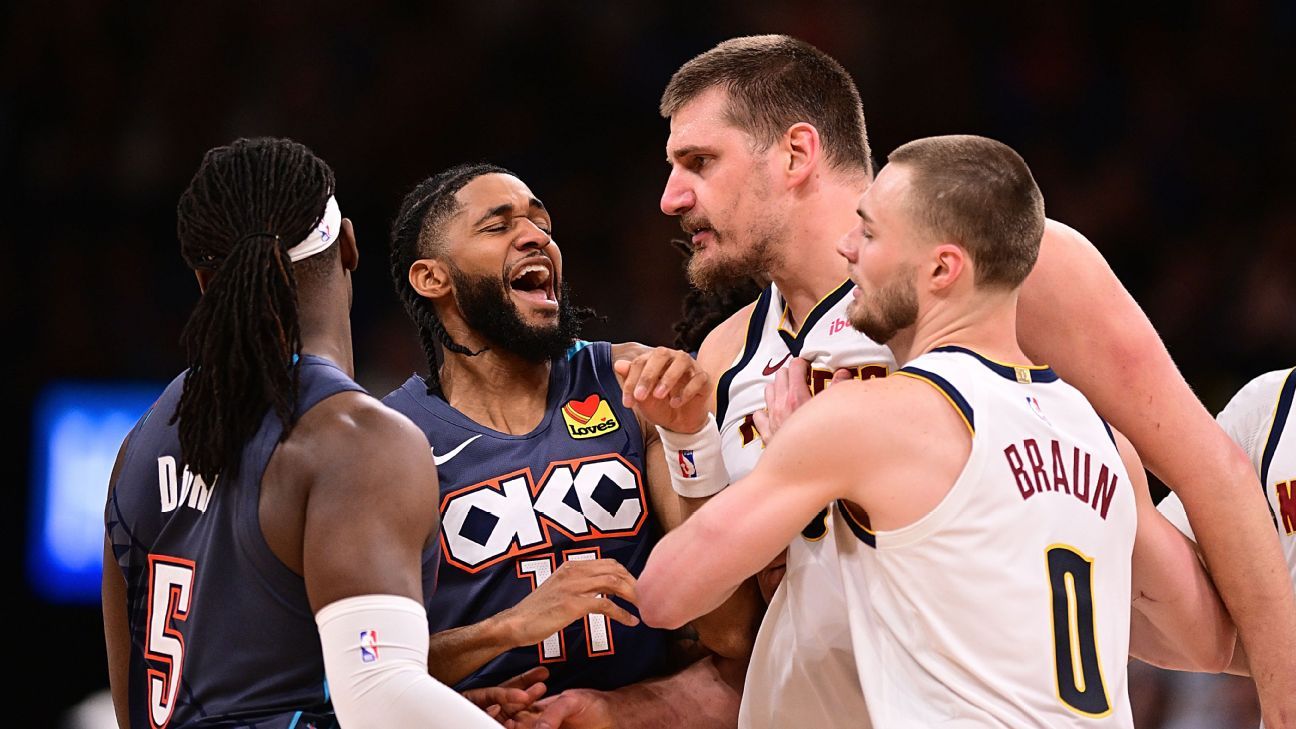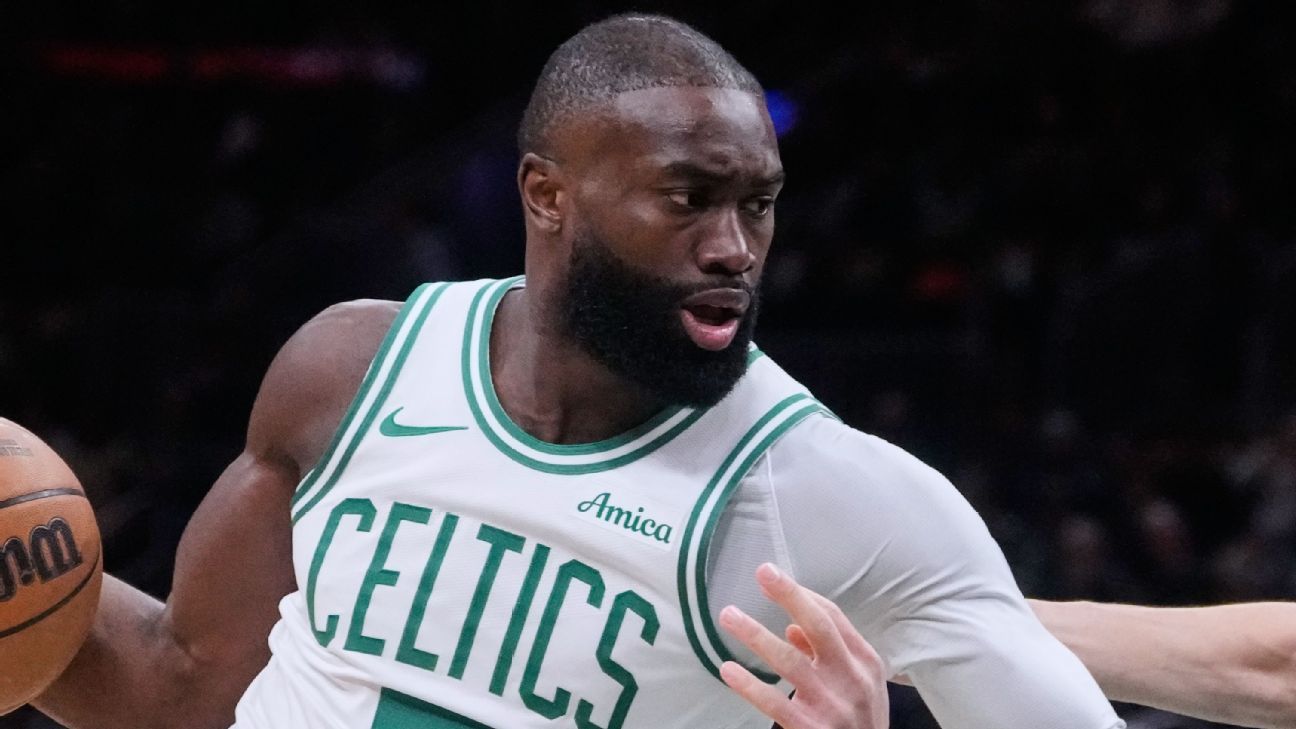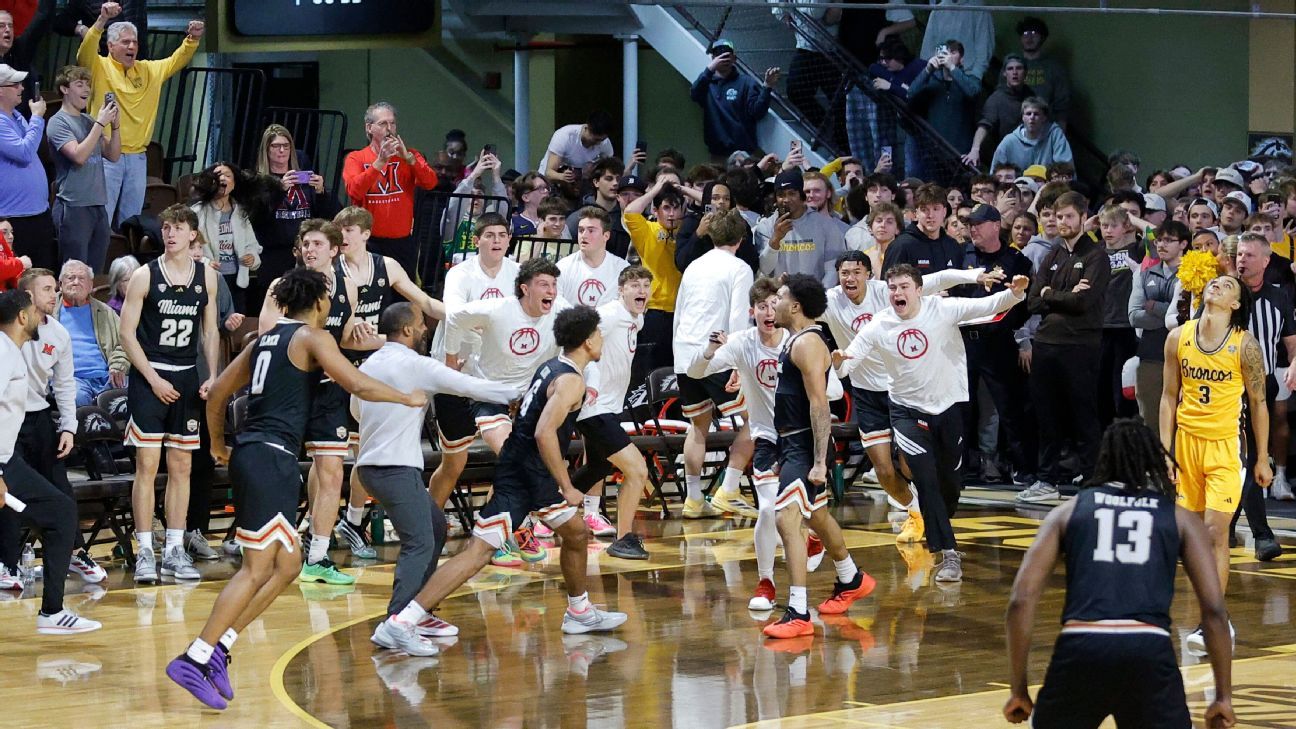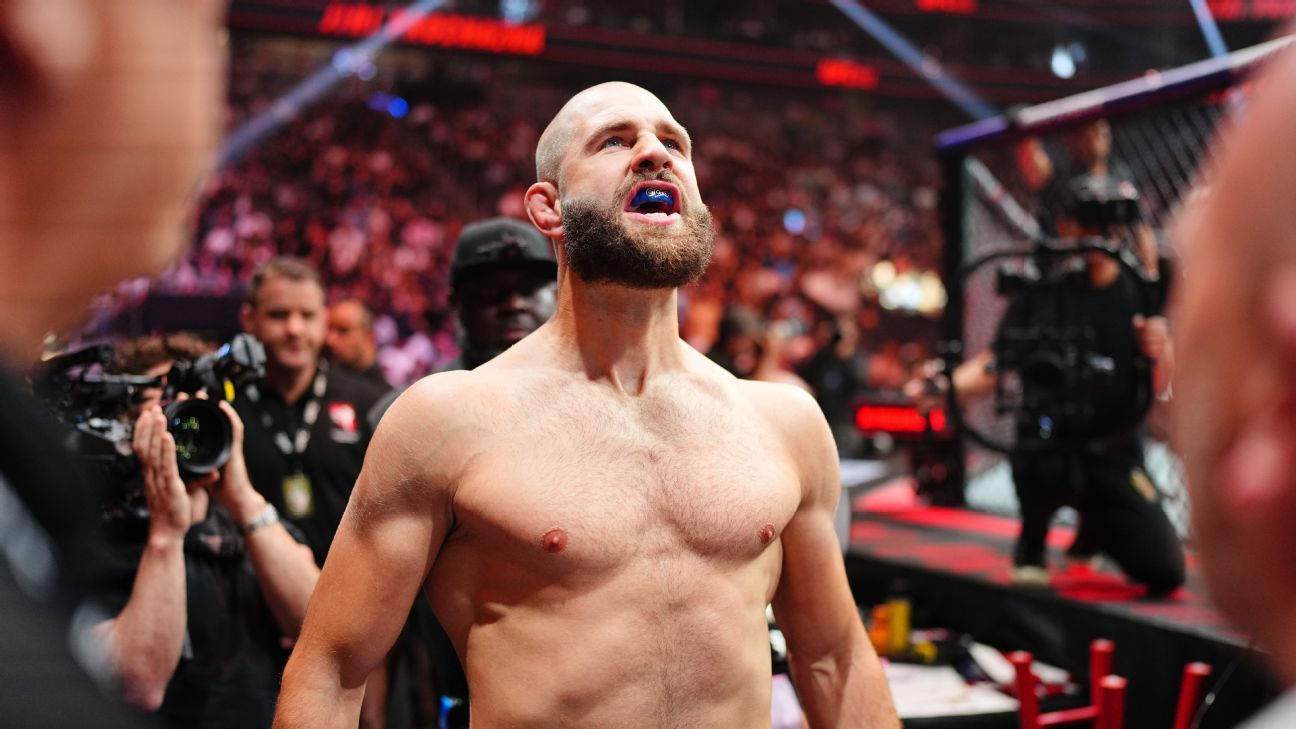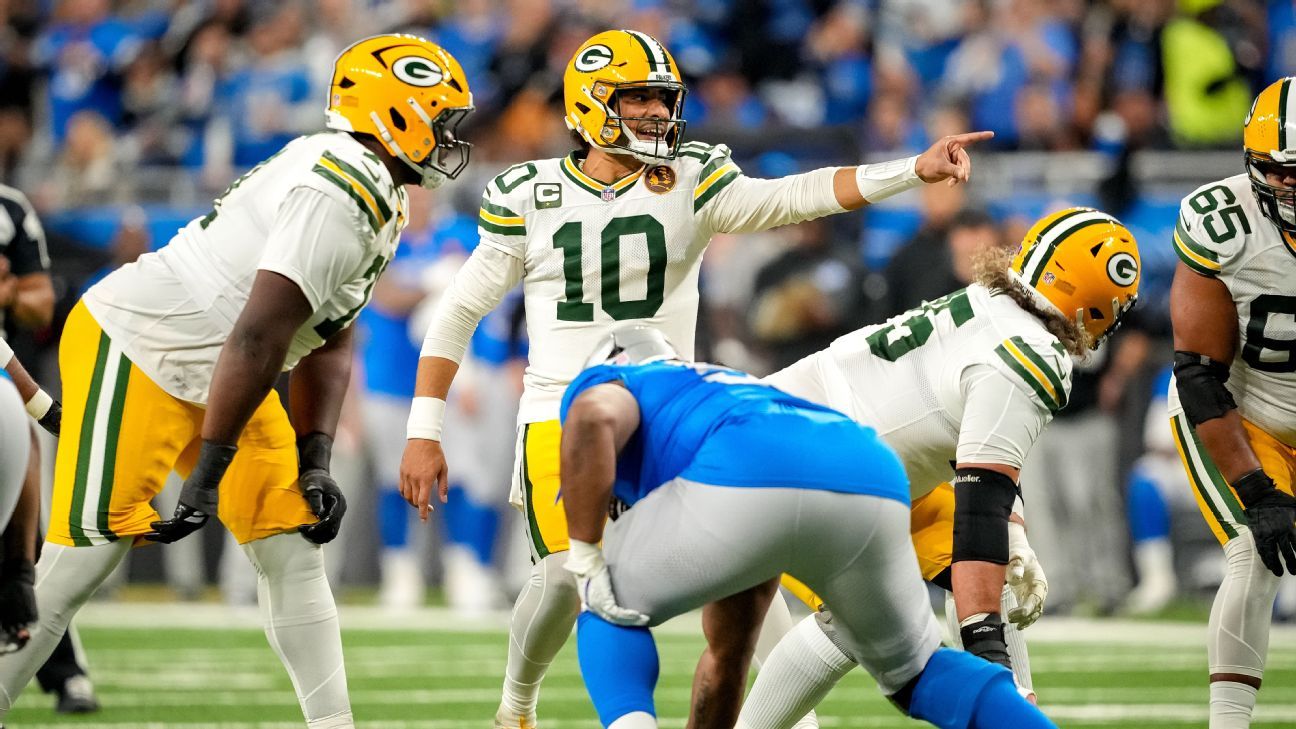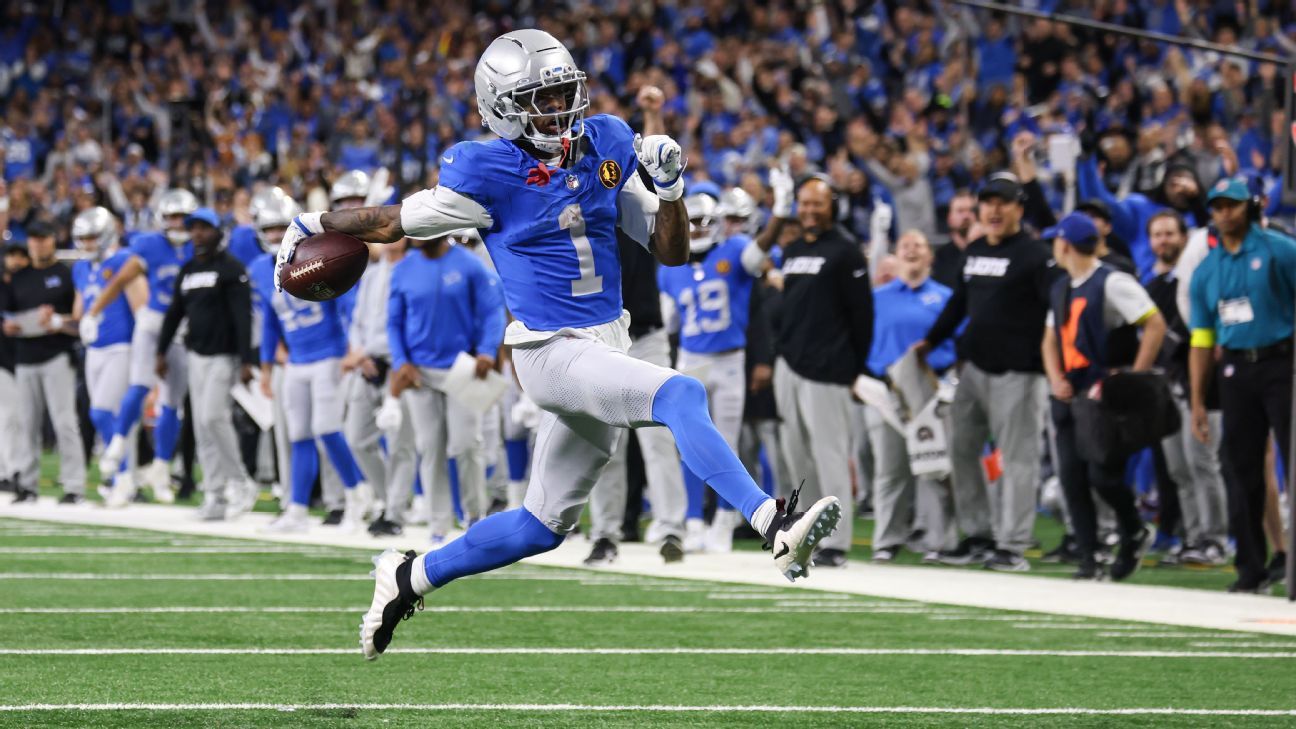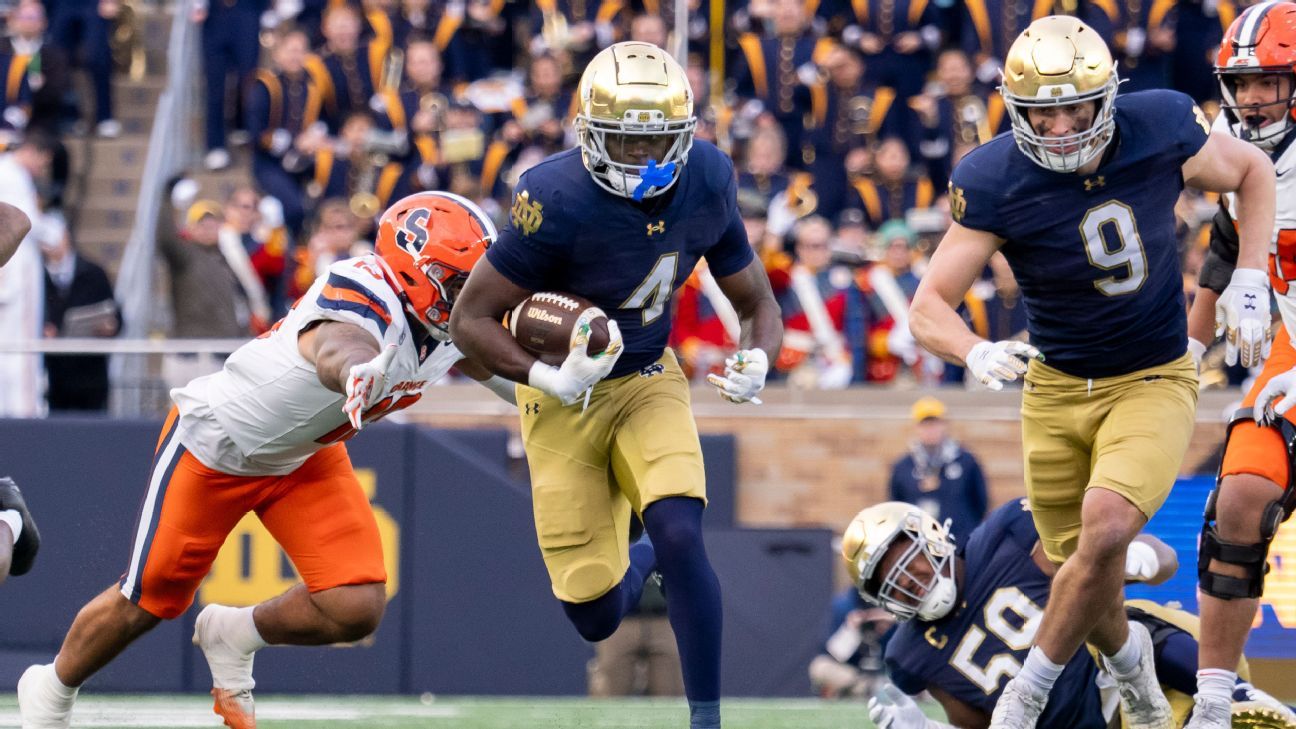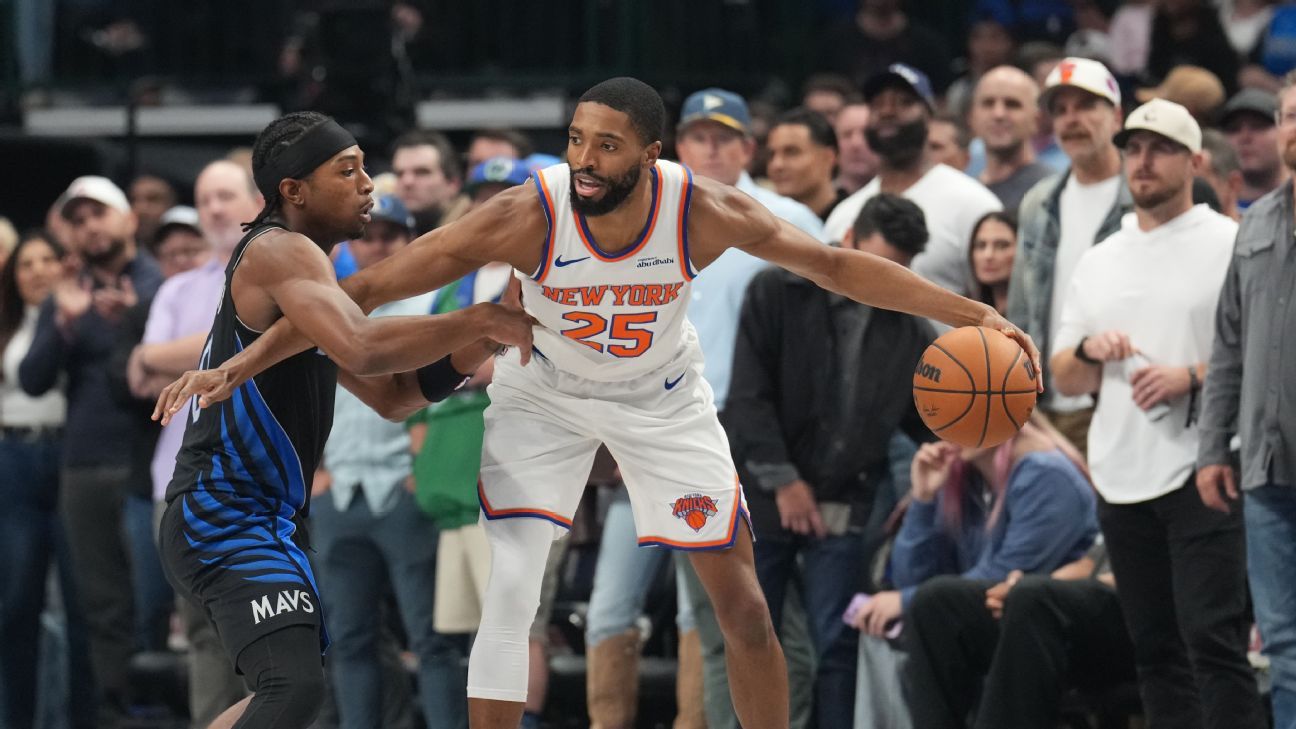
Jeff KassoufNov 20, 2025, 07:49 AM ET
- Jeff Kassouf covers women's soccer for ESPN, focusing on the USWNT and NWSL. In 2009, he founded The Equalizer, a women's soccer news outlet, and he previously won a Sports Emmy at NBC Sports and Olympics.
Saturday's NWSL Championship might be the last time Washington Spirit forward Trinity Rodman plays a domestic game stateside due to the league's inability to compete with more lucrative offers from abroad. Her departure, following the end of her contract, would unequivocally be a major setback for the NWSL.
There is a simple, important question facing the competition right now: Why is it such a big deal to lose Rodman? To answer that, it is imperative to first answer the question: Who is Trinity Rodman?
First and foremost, she is a great player -- easily among the best in the NWSL and in the United States women's national team pool. She's world class and, at 23, she is still only getting better.
How she plays also matters. To watch Rodman on the field is to watch a player filled with joy, a player having fun like it's her first day of youth soccer despite carrying the weight of global expectation. Her audacious approach to the game, from the "Trin Spin" to beat a defender one-on-one, to striking a volley from distance, is what gets fans out of their seats. She is the definition of sport as entertainment.
- Kansas City's Chawinga becomes first back-to-back NWSL MVP
- Angel City's Savy King hopes CPR program will make NWSL 'safer'
- Gibson: 'From underdog to star,' Tiernan breaks through in the NWSL
Rodman's relaxed, effective play is an extension of her personality, one that she shares with the world through her dances on TikTok or her raw, vulnerable emotions after scoring a game-winning goal in her first moments back from wretched stretch of injury setbacks. She is the player who will crack a joke or vote for herself as the NWSL's best trash-talker, as she did instinctively and with a smile on the blue carpet before Wednesday's NWSL Awards show.
The combination of Rodman's relatable personality and exemplary play makes her a star beyond soccer. Like Mia Hamm or Alex Morgan of past generations, Rodman is a player quickly becoming synonymous with women's soccer, the recognizable face (or pink hair) for the person who may not otherwise tune in. She has the aura, the vibe, the intangibles of a star that can't be taught or faked.
And yes, there is a generation of sports fans who also recognize her last name, but Rodman is building her own legacy and stardom in real time. As one general manager said in ESPN's recent anonymous survey: "We say you can be soccer-famous and famous-famous. I don't know if we have any famous NWSLers right now. I think we have soccer-famous people."
Rodman is that "famous-famous" person in this league -- the needle-mover like a Morgan or Megan Rapinoe, as another GM said. And Rodman is that superstar at a time when the NWSL so deeply desires to be a big-time, mainstream league like its counterparts in men's sports.
Attracting casual fans is the only way for the NWSL to truly grow at scale, and while gimmicks like creating artificial fan sections from a new league sponsor are obligatory attempts at commercial growth, they mean nothing without the players that keep fans watching. Rodman is the type of player -- not the only one, no, but she's right at the front of the line -- that people pay to come watch. She is the type of player who creates fans.
Inherently, Rodman is part of the 1%, the players who are the total package and who can thus be the subject of a global bidding war. But Rodman's potential departure is about much more than her.
Yes, it is absolutely about the salary cap, and whether the current $3.5 million cap needs to be significantly higher or abolished entirely. This current moment is also about whether the NWSL is willing to create a rule to exempt star players from that cap, like MLS did with a designated player rule. (And it should be pointed out that the NWSL already did this, to an extent, when it created the concept of "allocation money" in 2019.)
But this moment is about more than just Rodman. The NWSL has always called itself the global league of choice; now it faces its own defining test. If Rodman, a generational USWNT star, isn't going to force the league and its board of governors to act and be more nimble about its current procedures, then who will?
Because Rodman represents not just herself, but the next Trinity Rodman, and the rare superstars of the world like Aitana Bonmatí or Khadija "Bunny" Shaw.
The league has always treated parity as its star -- its "superpower," as commissioner Jessica Berman often calls it. In response to Rodman's potential departure, the league said in a statement that it is doing "everything we can to keep Trinity" and that the salary cap "is a critical part of our competitive framework and one of the reasons last weekend's quarterfinals were as great as they were."
NWSL leaders, from the front office to plenty of team executives, will tell you that the league and its clubs are bigger than any player. They will tell you that every player has an individual choice and decisions about playing overseas are complex and personal. They said it when Naomi Girma and then Alyssa Thompson left to join English champions Chelsea, and they will say it again if Rodman leaves or when another top American departs.
It's true that these decisions are complex. It's also true that the NWSL cannot currently compete financially for this upper echelon of players. If you could do the exact same job, for a comparable competitor (which England's Women's Super League absolutely is), but get paid twice as much, which job would you choose?
Rodman won't be the last star to have to answer those questions. How the NWSL chooses to move forward will send a message not only to her, but to the rest of the world.

 3 months ago
41
3 months ago
41





